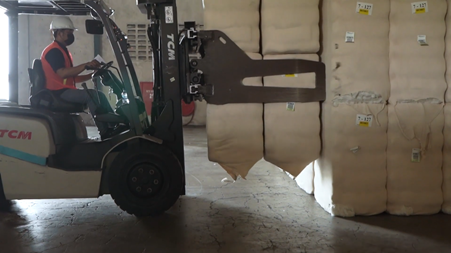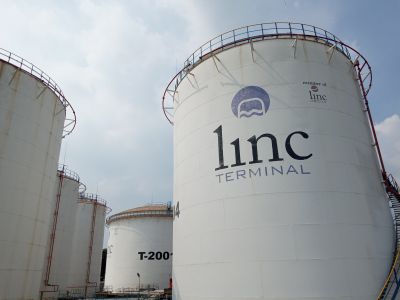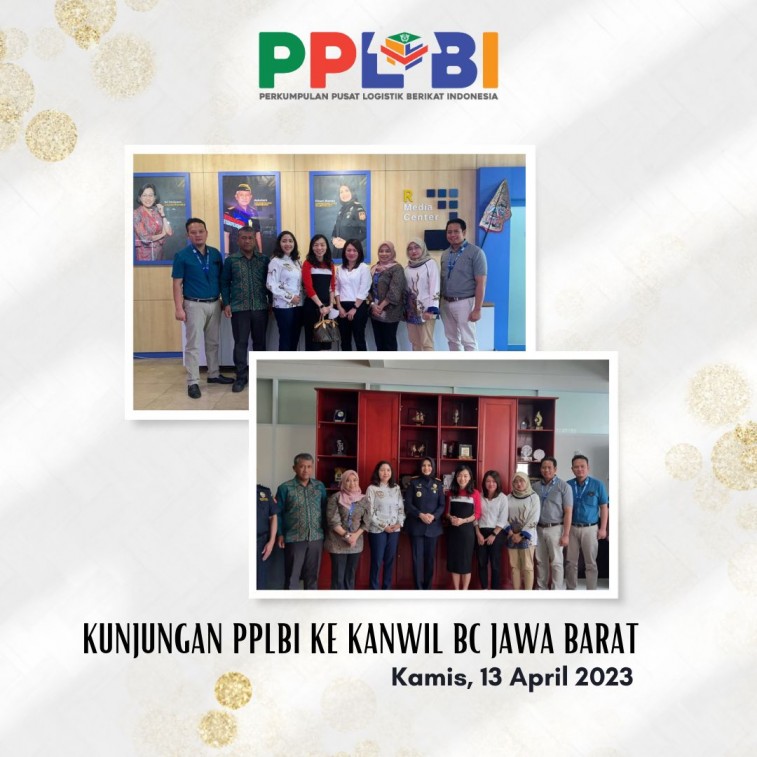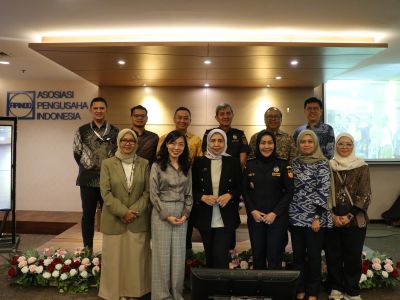History of PT. Budi Texindo Prakarsa's Establishment
PT. Budi Texindo Prakarsa is a company engaged in the textile and garment industry, established in 1995 in Serang Regency, Banten. With a current workforce exceeding 800 employees, PT. Budi Texindo Prakarsa has become one of the quality cotton yarn suppliers for domestic and export needs. However, this growth also presented significant challenges, particularly regarding importing key raw materials that must be sourced internationally.
Import Challenges Before Using PLB
Before adopting the Bonded Logistics Center (PLB) facility, PT. Budi Texindo Prakarsa faced several obstacles in the import process. Key issues included:
1. Lengthy and Complex Administrative Process
Every import shipment required immediate customs clearance, creating substantial administrative burdens — from document processing to paying large import duties and taxes before goods could be released from ports.
2. Production Delays Due to Waiting Times
Lengthy administrative and bureaucratic procedures often left raw materials stranded at ports for days or weeks, disrupting production lines and causing financial losses while risking market opportunities.
3. High Working Capital Pressure
The conventional import system required immediate payment of duties and taxes even before materials were used, straining cash flow with upfront capital requirements.
4. Port Warehouse Storage Costs
Extended clearance times resulted in prolonged port storage, incurring significant additional fees.
These challenges drove PT. Budi Texindo Prakarsa's management to seek solutions for more efficient raw material imports that complied with regulations without disrupting cash flow.
Initial Introduction to the PLB Facility
In 2017, the Indonesian government began promoting Bonded Logistics Centers (PLB) as a breakthrough in national logistics systems. PLB allows industrial companies to store imported goods temporarily without immediate duty/tax payments.
Recognizing this opportunity after socialization by the Directorate General of Customs, PT. Budi Texindo Prakarsa officially began using PLB facilities in cooperation with approved operators.
Tangible Benefits of PLB for the Company
After five years of PLB utilization, PT. Budi Texindo Prakarsa has experienced multiple advantages compared to conventional imports:
1. Smoother Production
Materials can be stored in PLB warehouses without immediate full clearance, released only as production requires. This ensures uninterrupted production free from administrative delays.
For example, when imported cotton from the United States arrives at port, it moves directly to PLB warehouses in Cikande. The company retrieves materials as needed, maintaining stable yarn production without full clearance completion.
2. Working Capital Efficiency
PLB's key financial benefit: duties/taxes are paid only when goods leave warehouses for production use—not upon arrival. Payment deferral improves liquidity management.
Rather than massive upfront payments, phased payments align with actual needs, offering cash flow flexibility for investments.
3. Reduced Storage Costs
Direct transfer of goods to PLB warehouses minimizes expensive port storage. Documented savings reach 10-30% compared to previous costs, enhancing product competitiveness.
4. Enhanced Inventory Management
PLB permits flexible raw material stock management—storage up to three years without duty obligations facilitates long-term production planning and mitigates global price fluctuations.
5. Access to Diverse Raw Materials
The financial flexibility enables PT. Budi Texindo Prakarsa to confidently import from multiple countries simultaneously, diversifying suppliers to maintain quality while reducing dependency risk.



